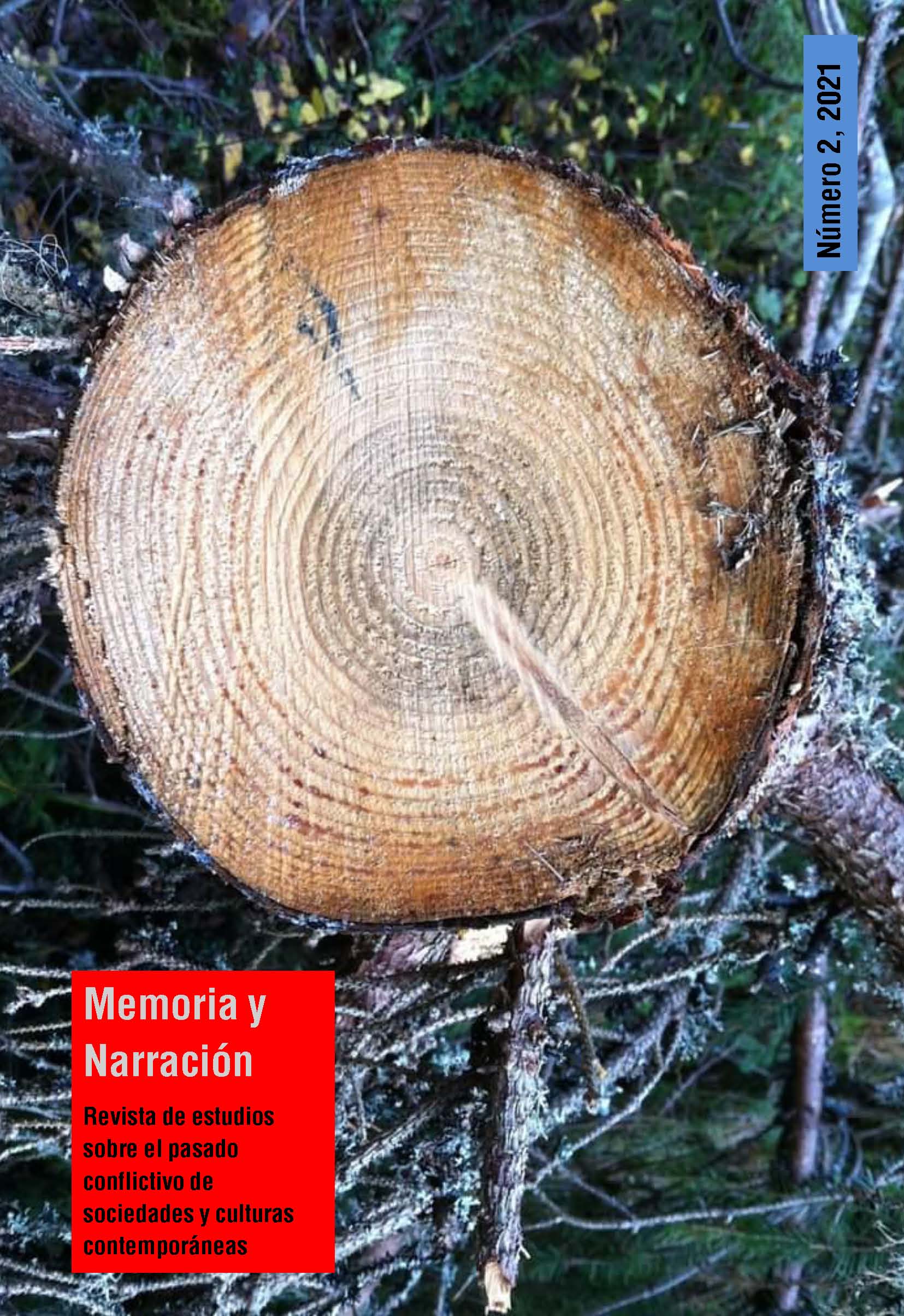Memórias de um regresso anunciado
DOI:
https://doi.org/10.5617/myn.8668Abstract
Ryszard Kapuscinski, Polish journalist, called to witness and report on the “air bridge” of the Portuguese colonial empire in Luanda in 1975, publishes Mais um dia de vida, Angola 1975 ([1976] 2015), a narration of the first movements of the displaced people of Angola and the first steps towards decolonization, from the journalistic point of view of someone foreign to the Portuguese colonial plot. It is a “single document” and an “account of a journey through a city that only existed for three months: Luanda between the Portuguese exodus and the proclamation of independence by MPLA” (Kapuscinski 7). More than 40 years after April 25, Dulce Maria Cardoso, in the fictional work O retorno (2012), presents young Rui, in the same last days of Luanda in transit to a homeland that he does not recognize as his own, where the problem of identity is central. In an analysis of the works of Kapuscinski and Cardoso, from the perspective of the concepts of memory and “desmemory”, the relationship between his-tory and literature is questioned and the repercussions this may have on the understanding of the still painful and controversial colonial past in contemporary times.
Downloads
Published
Issue
Section
License
Authors who publish in this journal accept the following conditions:
- Authors retain copyright and grant the journal right of first publication with the work simultaneously licensed under a Creative Commons Attribution License that allows others to share the work with an acknowledgement of the work's authorship and initial publication in this journal.
- Authors are able to enter into separate, additional contractual arrangements for the non-exclusive distribution of the journal's published version of the work (e.g., post it to an institutional repository or publish it in a book), with an acknowledgement of its initial publication in this journal.
- Authors are permitted and encouraged to post their work online (e.g., in institutional repositories or on their website) prior to and during the submission process, as it can lead to productive exchanges, as well as earlier and greater citation of published work (See The Effect of Open Access).


